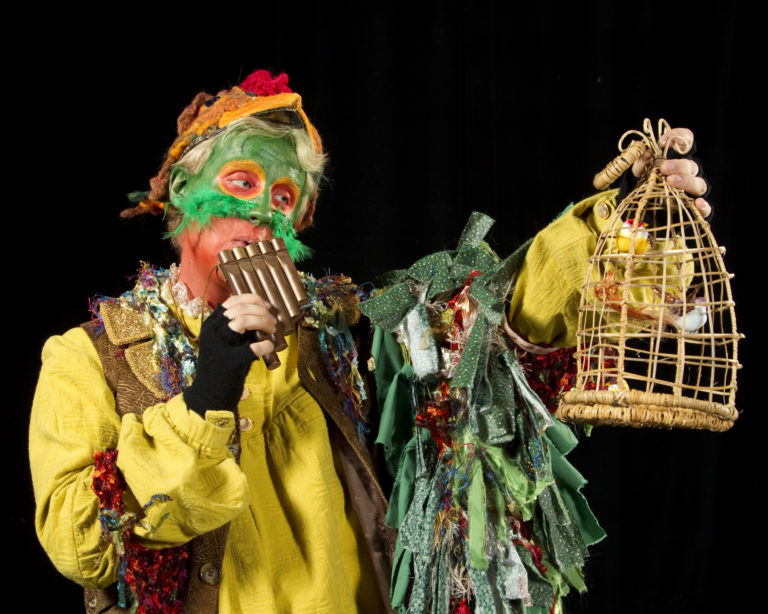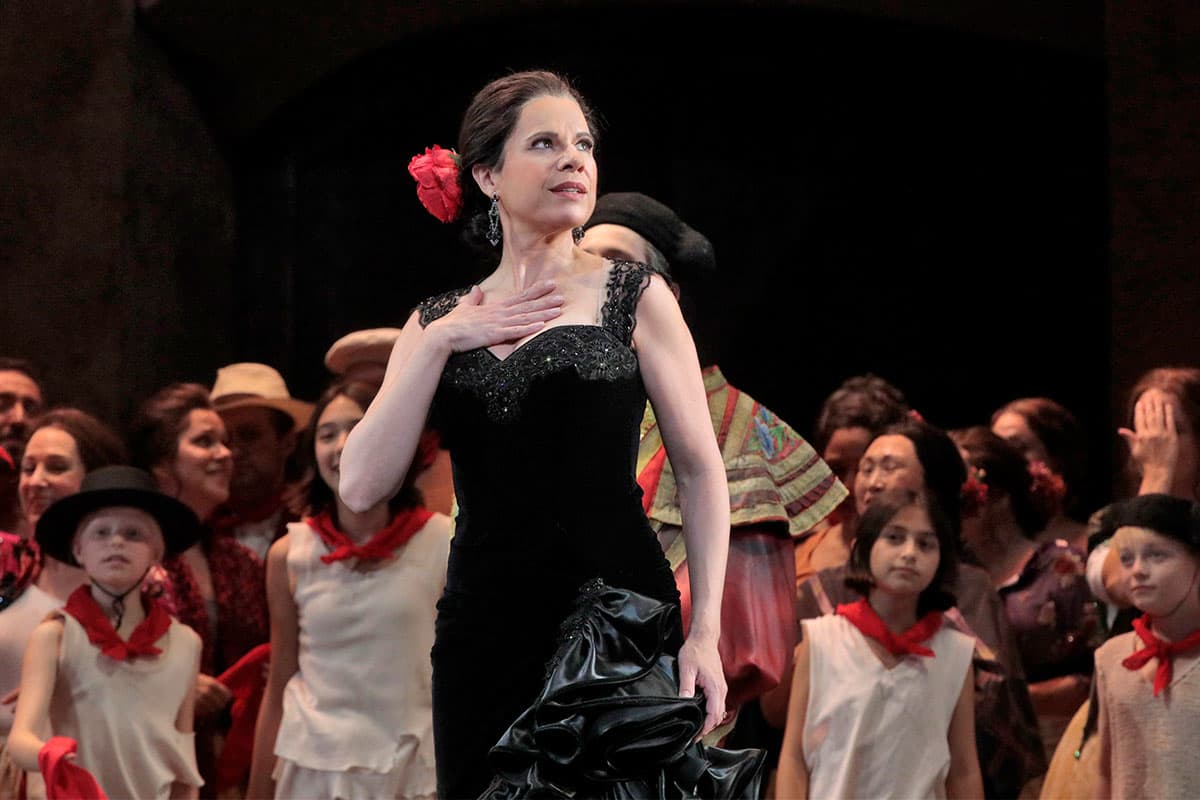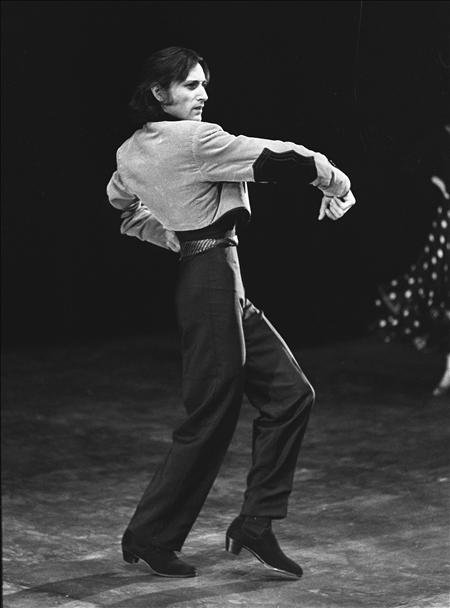
“She is very much a ‘Carmen’-without the sad tragic ending, of course.” “She is a warm and strong woman,” de Almeida said.

She expressed her admiration for Patricia Norcia, the formidable dressage trainer who conceived the unique collaboration and helped to transform it into reality. “I feel like this kind of production should have been done before and should be done again and again because I think it’s good for both performers and horses.” “Horses are very musical creatures and they’re very sensitive,” she said. But because society can’t handle a strong-headed and opinionated woman, in the end she has to die.”ĭe Almeida, who began riding horses at the age of 5, said she’s thrilled to be performing “around them and with them, but not on them.” “If she were a man, nobody would think twice about it. “She does whatever she wants from beginning to end, and she knows her mind,” de Almeida said. “She doesn’t talk about family and that lack of background gives her a lot of freedom because there are no expectations to fulfill. “It’s the first opera I really enjoyed because the music is catchy, it’s dance-like, it’s just wonderful,” she said.Ĭarmen, she said, “is absolutely my favorite role. She’ll debut at Carnegie Hall in January 2023.īut first there is Carmen at the High Hopes Arena in Old Lyme. During the summer she reprised Giulio Cesare in Italy as an artist in residence at the Greve Opera Academy. This year alone, she has sung the roles of Count Orlovsky in the opera “Die Fledermaus” and Giulio Cesare with the Connecticut Lyric Opera at the Bushnell. “Singing makes my heart sing and makes my heart so joyful and overflowing with wonder and joy, and I want it to spill over to everyone around me,” she said.

“If you don’t use it, you don’t sing it, operatically, you’re going to lose that strength, that coordination.”Īll the work, it seems, was worthwhile. “With the voice, it’s the same thing,” she said. You can think of it as fitness, if you want to get fit, you need to go to the gym and do certain exercises. “The daily bread is the vocal training,” she said. Soon she was working with a voice teacher to refine her vocal technique and diction, making sure, as she put it, “you are being true to the pronunciation.” In time, “I realized singing is what I really want to do,’” she said. “I kept saying ‘no, no, maybe I’m wrong,’ I put so much work into playing piano, I studied for so many years, what am I doing starting all over? I’m too old to start all over.” While she had managed to change her piano technique by then and finish her Master’s in piano performance, “I realized I found the most joy and the most fun in singing.” “I loved the work, the theater, the joy, and people were hiring me to sing, and then I started working on actually improving my voice,” she said. She sang in a chorus for “Madama Butterfly.” “People were telling me ‘you have a nice voice,’ ‘maybe you should sing opera.’”

James Episcopal Church in Farmington as a section leader “just for fun,” she said. That was when she started singing at the St.

“For two years, I was on hiatus from playing,” she said. She opted against surgery, preferring to work toward changing her piano technique, however long it took. “There was also carpal tunnel syndrome and tendinitis, all of those things together,” she said. It was while pursuing her Master’s in Piano Performance at the University of Hartford that she discovered a cyst in her wrist. The path de Almeida followed to her role as Carmen is one perhaps worthy of opera.Ī native of Rio de Janeiro, she began piano at 11, eventually studying with the internationally renowned Luiz Henrique Senise. “As far as we know, this collaboration, to this level of integration of opera and dressage, hasn’t been done anywhere in the States,” he said. The event, which the OTC is presenting with Patricia Norcia Dressage and High Hopes Therapeutic Riding, is unprecedented, according to Mann.


 0 kommentar(er)
0 kommentar(er)
